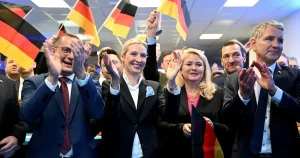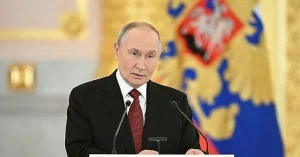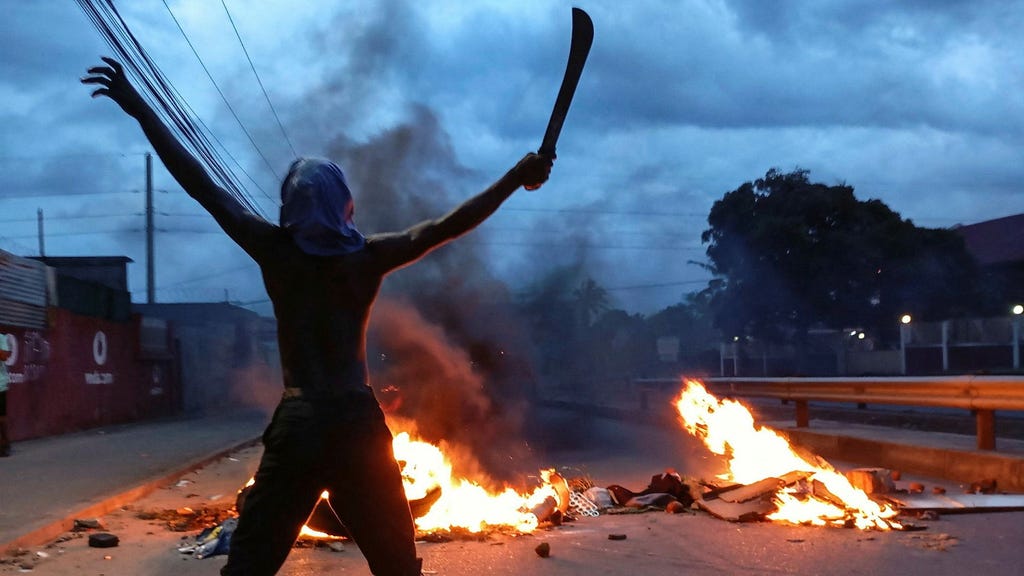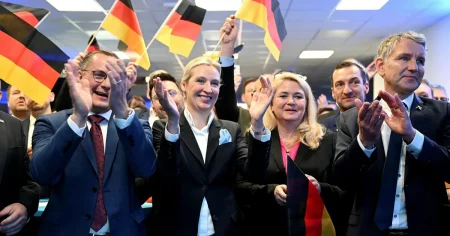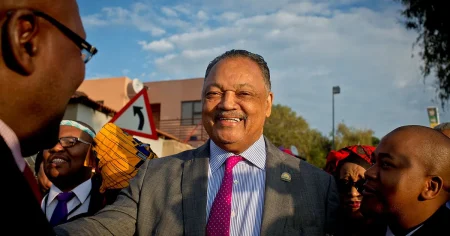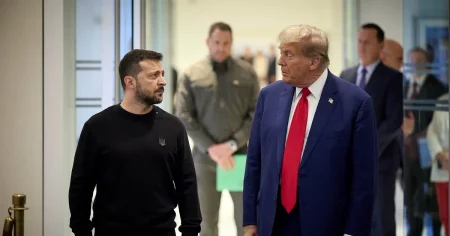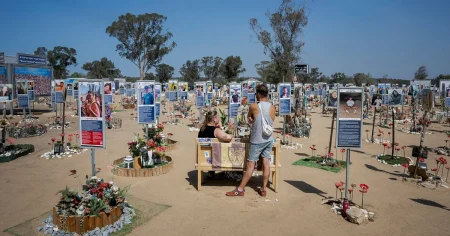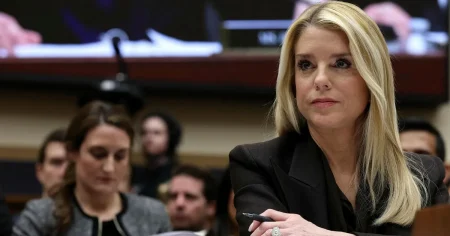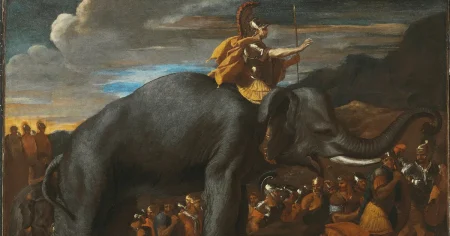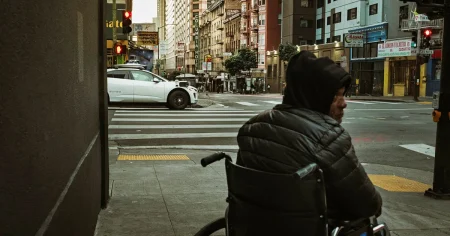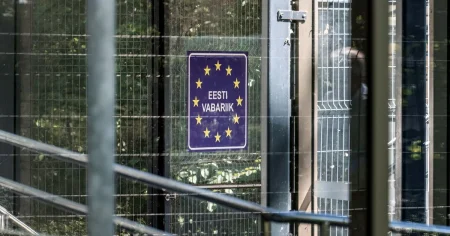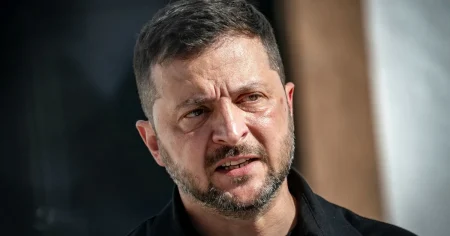The political landscape in Mozambique is bracing for a turbulent Christmas period following the Constitutional Council’s affirmation of incumbent President Filipe Nyusi’s victory in the October elections. The ruling Frelimo party candidate, Daniel Chapo, secured the presidency with slightly over 65% of the vote, a marginal decrease from the initial 70% announced by the National Electoral Commission (CNE). This result, however, is heavily contested by international observers who have widely discredited the election process, casting doubt on the legitimacy of Chapo’s overwhelming victory. Their skepticism stems from irregularities observed during the election, raising serious concerns about the fairness and transparency of the electoral procedures. This contested outcome has ignited widespread unrest and further destabilized a nation already grappling with economic fragility and simmering political tensions.
The confirmation of Chapo’s victory effectively silences the opposition’s hopes for a second round runoff, a scenario they believed was their best chance to consolidate support and potentially challenge Frelimo’s dominance. Venâncio Mondlane, the leading opposition candidate, garnered approximately 24.29% of the vote according to the Constitutional Council. While unlikely to achieve an outright majority even in a fair election, Mondlane’s presence posed a significant threat to the ruling party if the election had progressed to a second round. Under such circumstances, the opposition could have united behind Mondlane, presenting a unified front against Chapo. The Constitutional Council’s decision, however, has extinguished this possibility, solidifying Frelimo’s grip on power and deepening the political divide within the country.
The immediate aftermath of the court’s announcement was marked by an eruption of violence across several regions of Mozambique, amplifying the pre-existing unrest that has plagued the nation since the election. The pre-ruling tension, palpable in the deserted streets of the capital, Maputo, quickly escalated into widespread protests following the announcement. These demonstrations have been met with a forceful response from the authorities, resulting in a grim toll of at least 130 fatalities. This escalating cycle of violence further threatens to destabilize the country and exacerbate the existing economic hardships faced by its citizens. The government’s heavy-handed approach to quelling the protests has only served to fuel the discontent, deepening the chasm between the ruling party and the opposition.
The ongoing political turmoil has devastating consequences for Mozambique’s already fragile economy. The vital tourism sector, which contributes approximately 5% to the nation’s GDP and provides employment for half a million people, has been severely impacted by the unrest. The peak tourist season, coinciding with the Christmas holidays, has effectively been decimated, depriving the country of crucial revenue and exacerbating the economic hardship faced by many. This economic downturn, coupled with the political instability, paints a bleak picture for Mozambique’s immediate future, raising concerns about the country’s ability to recover and maintain stability in the long term.
Adding to the complexity of the situation is Venâncio Mondlane’s current status in exile. From undisclosed locations, he has leveraged social media platforms to communicate with his supporters, issuing warnings of impending chaos if the Constitutional Council upheld the government’s position on the election results. His predictions have proven tragically accurate, as the nation descends further into turmoil following the court’s decision. Mondlane’s continued communication from exile underscores the deep mistrust in the government and the judiciary, further fueling the discontent and sense of injustice among the opposition. His warnings, now realized, highlight the fragility of the political situation and the potential for further escalation of violence.
The confirmation of Chapo’s victory has thus ushered in a period of profound uncertainty and instability for Mozambique. The contested election results, coupled with the ensuing violence and economic downturn, pose significant challenges for the nation’s future. The deep-seated political divisions, exacerbated by the government’s response to the protests and Mondlane’s continued communication from exile, paint a grim picture of a nation teetering on the brink. The coming days and weeks will be critical in determining whether Mozambique can navigate this turbulent period and find a path towards stability and reconciliation. The international community’s response to this crisis will also be crucial in shaping the country’s future and ensuring a peaceful resolution to the ongoing conflict.


